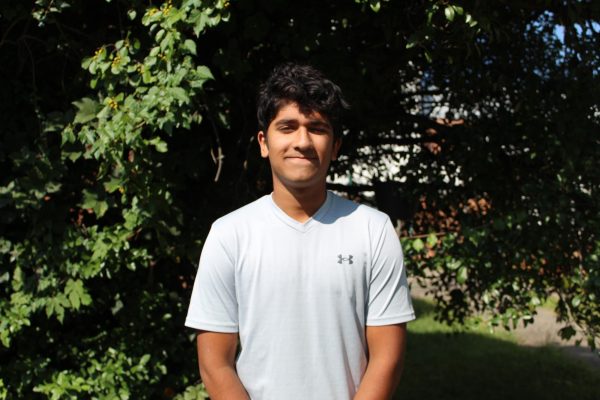Walter Johnson offers a safe, inclusive education system where students can pursue a wide variety of career pathways. But that goes beyond academics, as its extracurriculars offer a variety of activities for students to pursue. From achieving academic excellence through Science Olympiad to hanging out with friends and making delicious food in the Culinary Club, any interest a student wants to pursue can be found in the club roster.
However, the efficiency of clubs in WJ has been hindered this school year by MCPS’ red tape-marred fundraising rules outlined in Section CND of MCPS’s policies and regulations. Filled with paperwork and bureaucracy, these guidelines fail to reach their goal of ethical fundraising by making it impossible to do the very task at all. So let’s look at these rules and clear up their major issues.
The first rule of Policy CND dictates that all fundraising must have a parent or teacher present at fundraising events. This first guideline ties extracurricular involvement directly to parent and teacher involvement. Teachers are overworked. They already work from 7:45 a.m. to 3:00 p.m. Unfortunately, much of their work is brought home on the weekends. Asking them to show up on their own time for fundraisers infringes on their personal life. Is that what we want teachers to go through?
Moreover, many students don’t have stay-at-home parents. Parents often work long hours to provide for their children which means they’re not able to carve three hours out of their day to help fundraise. This could potentially discourage students from applying to officer positions as fundraising is a key component of the responsibility. Imagine you’re a junior applying to be the treasurer of the Mock Trial club next year. Your parents work long hours so naturally you want to be a bit more involved in extracurriculars so you don’t spend as much time alone. But your club sponsor explains that if you do pursue more involvement, your parents, the ones who work long hours under stress, will have even more on their plate. You don’t want that, so you decide not to be more involved. Is that what our system encourages?
Another key guideline of Policy CND is that all club spending must be approved a week in advance. Now, that works great for clubs like DECA or Youth & Government, who are part of a greater organization and likely have their entire school year already scheduled for events and conferences. But what about smaller social clubs such as the Philosophy Club or Spikeball? They focus on inclusivity and building a social circle in a more informal environment, which means that many of their events are not planned weeks ahead of time. They’re not studying for regional conferences or state Senate meetings and that somehow makes them less important?
While MCPS’s intention is to establish an ethical environment for clubs to prosper, many of these rules involve third-party influence and crush more informal clubs.









